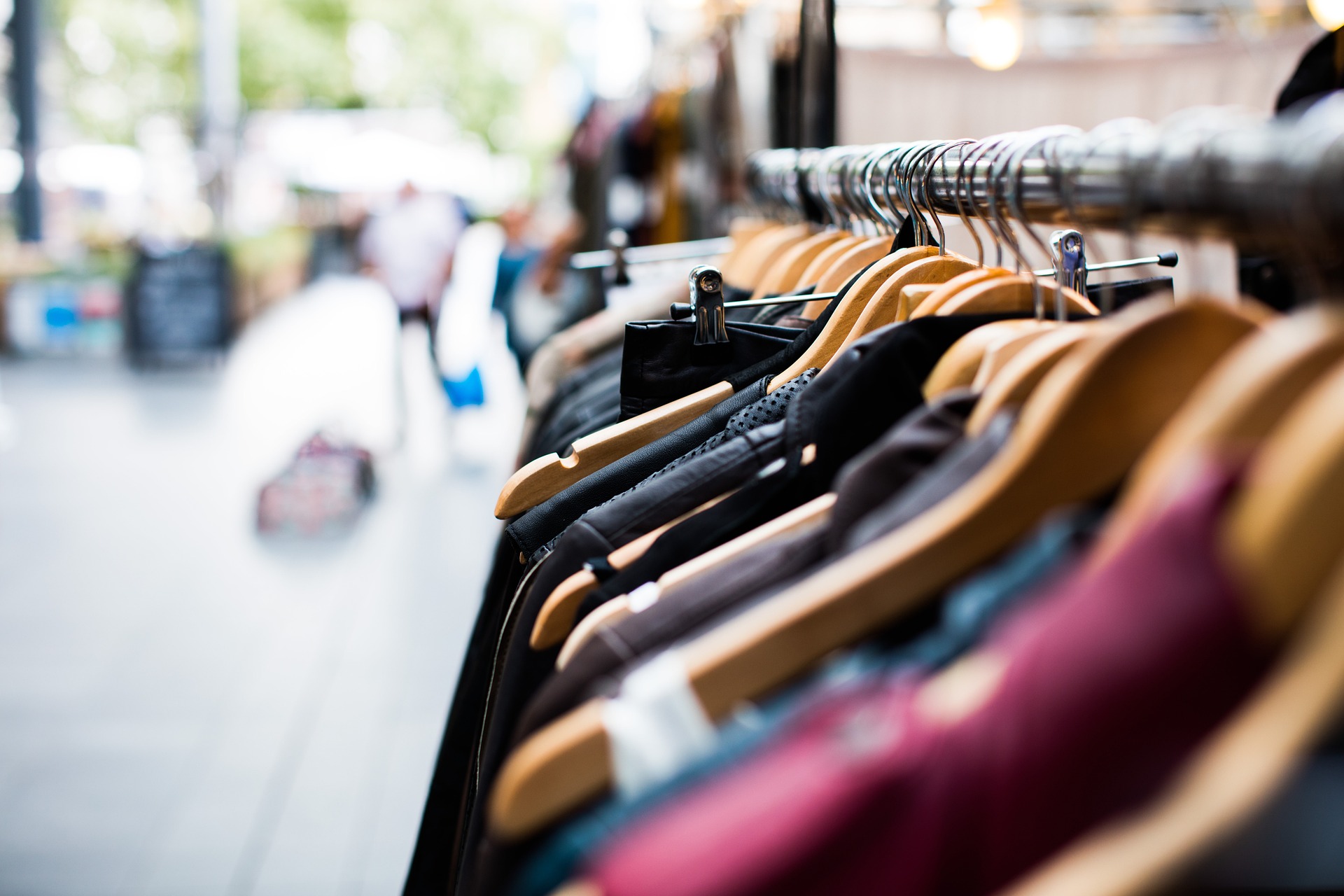Unusually wet weather in July caused retail sales volumes to drop, according to new figures from the Office for National Statistics (ONS).
Sales dropped by 1.2 per cent following a rise of 0.6 per cent in June due to the hot weather.
The ONS said many consumers had turned to online shopping and discounts due to the bad weather, with around 27.4 per cent of retail sales taking place online in July, an increase from 26 per cent in June.
The rise in the cost-of-living continued to have an impact on food sales, which declined by 2.6 per cent during the four-week period. The ONS said that supermarkets also reported a drop in clothing sales, adding that non-food store sales volumes dropped by 1.7 per cent.
Commenting the retail sales figures for July, Heather Bovill, ONS deputy director for surveys and economic indicators said that the poor weather impacted most sectors.
“It was a particularly bad month for supermarkets as the summer washout combined with the increased cost of living meant sluggish sales for both clothing and food,” explained Bovill. “Department store and household goods sales also dropped significantly.
“The wet weather did mean a good month for online retailing, as discounting plus consumers shopping from the comfort of their homes boosted sales.”
Latest News
-
Tesco makes ‘significant strides’ on safety through body worn cameras
-
Flying Tiger Copenhagen appoints new group chief executive
-
Walgreens cuts over 600 jobs after buyout
-
Mango opens first store in Limerick as part of expansion plan
-
eBay and Etsy to buy Depop for $1.2bn
-
REWE opens automated fresh food facility to serve Berlin outlets
Beyond Channels: Redefining retail with Unified Commerce
This Retail Systems fireside chat with Nikki Baird, Vice President, Strategy & Product at Aptos will explore how unified commerce strategies enable retailers to tear down these barriers and unlock new levels of operational agility and customer satisfaction.
The future of self-checkout: Building a system that works for consumers and retailers
In this webinar, industry leaders discussed what the future of self-checkout looks like and how retailers can make the technology work for everyone.
© 2024 Perspective Publishing Privacy & Cookies




.png)




Recent Stories